Graham Reid | | 13 min read
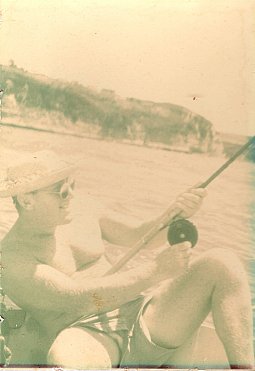
The Beach was always “only an hour away” according to my father. And back in the early Sixties when we first started going regularly, it was. Thirty miles from our home in Mt Eden to the door of the bach at Stanmore Bay. And my father, always a careful driver, just “took it easy" and made it the hour.
In later years when others talked of the 40 minute journey he'd shake his head, but say nothing. After they'd left he'd always comment on it though: “They'd have to be pushing it!”'
No. It was always an hour, door to door.
We'd take what is now the “old road”; across the Bridge and onto Wairau Road where people bought their barbecues in early November, past a solitary Lockwood showhome and onto the main highway north. All the childhood landmarks; Snapper Rock Road Cemetery, the wineshop opposite Rosedale Road, (“bloody awful stuff most of it”) and on into Albany where later still they were going to build a university.
“Way the hell out here?”
Then the Albany Hill stuck behind some truck and no passing lane, to Silverdale, The Wade Hotel always just “The Wade”, and then the Whangaparaoa Turnoff.
Never got carsick, never got bored. Never needed to take a game. Just an hour, door to door.
Going to Stanmore.
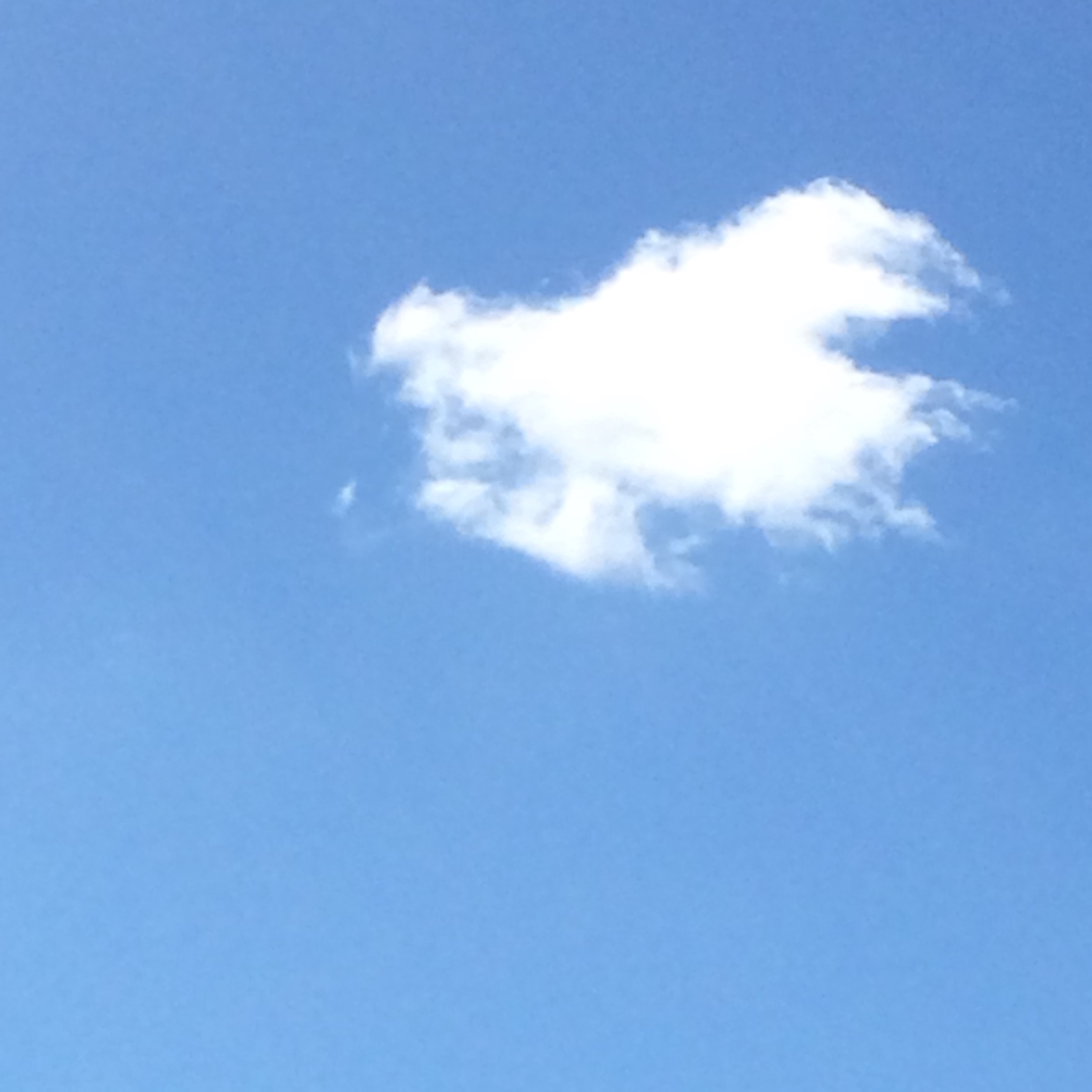
“Can't understand what they see in that p1ace, it's bloody awful!”
Some people rented and a lot, like my parents, rented for a while, liked what they saw and so bought in.
You could do that then.
Christmas time it was Mum and the kids staying over and the fathers commuting for the next few weeks. After all, at worst it was “only an hour away”.
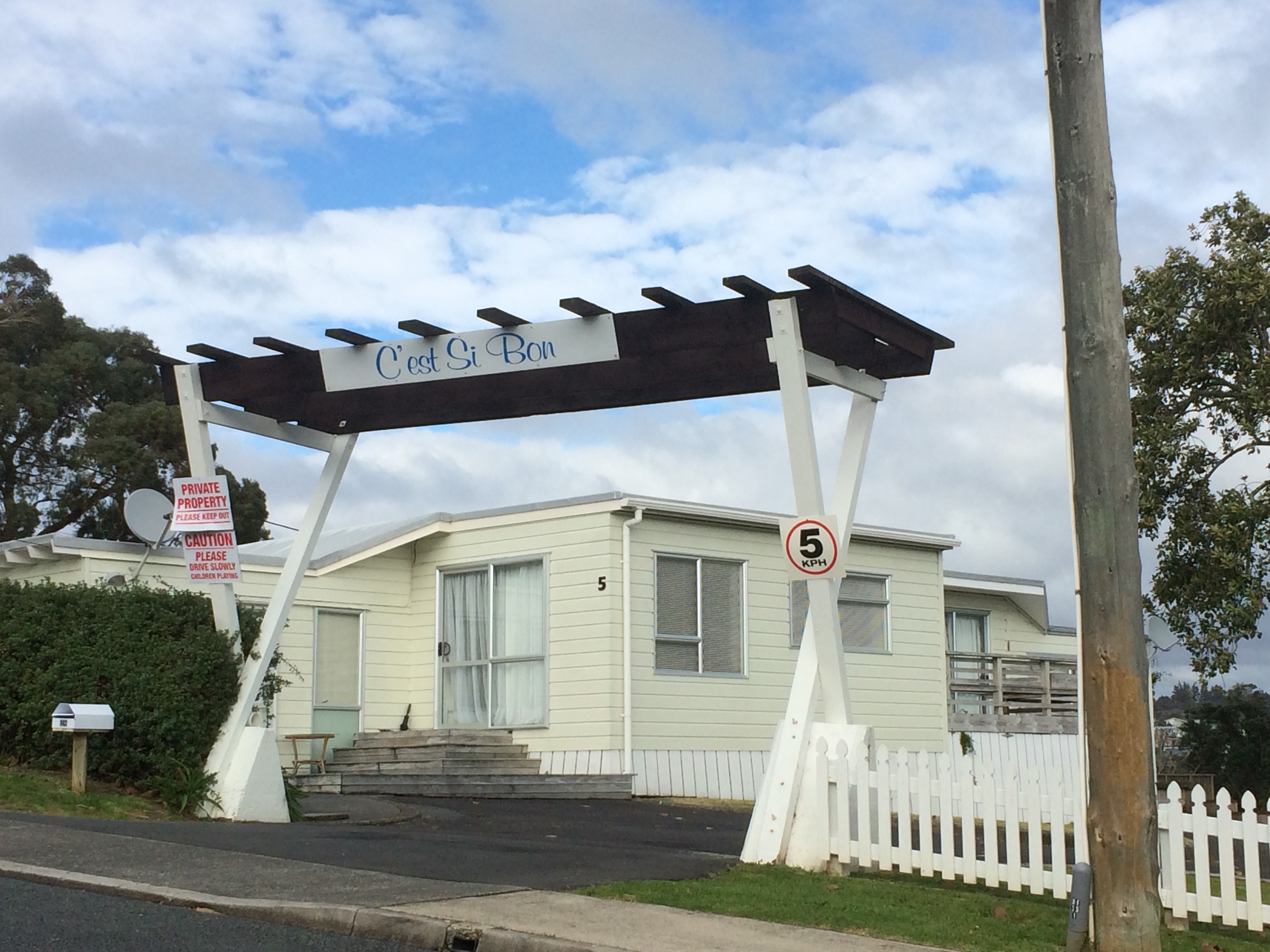
Our first summer at Stanmore Bay was spent in the C’est Ci Bon Motel; 196l. In those days it was owned by a Dutchman, Case Beere, and his wife. Just small clean units with bunks, a playground with a jungle-gym and the parents going off to The Wade for a drink. Bringing back King Size Cokes and TT2s for us. And we kids had two weeks of swimming, climbing the cliff and walking round the rocks to the far point when the tide was on the turn. And one night a huge barbecue that everyone in the motel joined in for.
Raw pipis in vinegar with pepper, a strange new treat for a 10-year o1d, fresh fish that someone had caught that afternoon and rugby passes on the lawn with the dads. For my family it was the beginning of a long love affair with Stanmore Bay . . . the place we just came to call “The Beach”.
The following Christmas my parents and some friends rented a small cottage on Swann Point, the narrow peninsula between Stanmore Bay and Manly. Six adults, nearly as many kids, a bucket for a toilet that had to be emptied every day.
Sleeping out on the verandah.
For Brian and Connie, newly emigrated from Sunderland the days of leisure and sun and fishing and swimming were like some strange dream of paradise.
“This is living, matey!” my old man used to say to Brian.
And it was.
Although the bach was halfway between Stanmore and Manly, we never went to Manly. Somehow the impression filtered through that it was for a more wealthy, exclusive type who “didn't use the beach. I can't understand why they bought a bach in the first place, you never see them near the water.”
No evidence for thinking this of course, but even today no evidence to the contrary either.
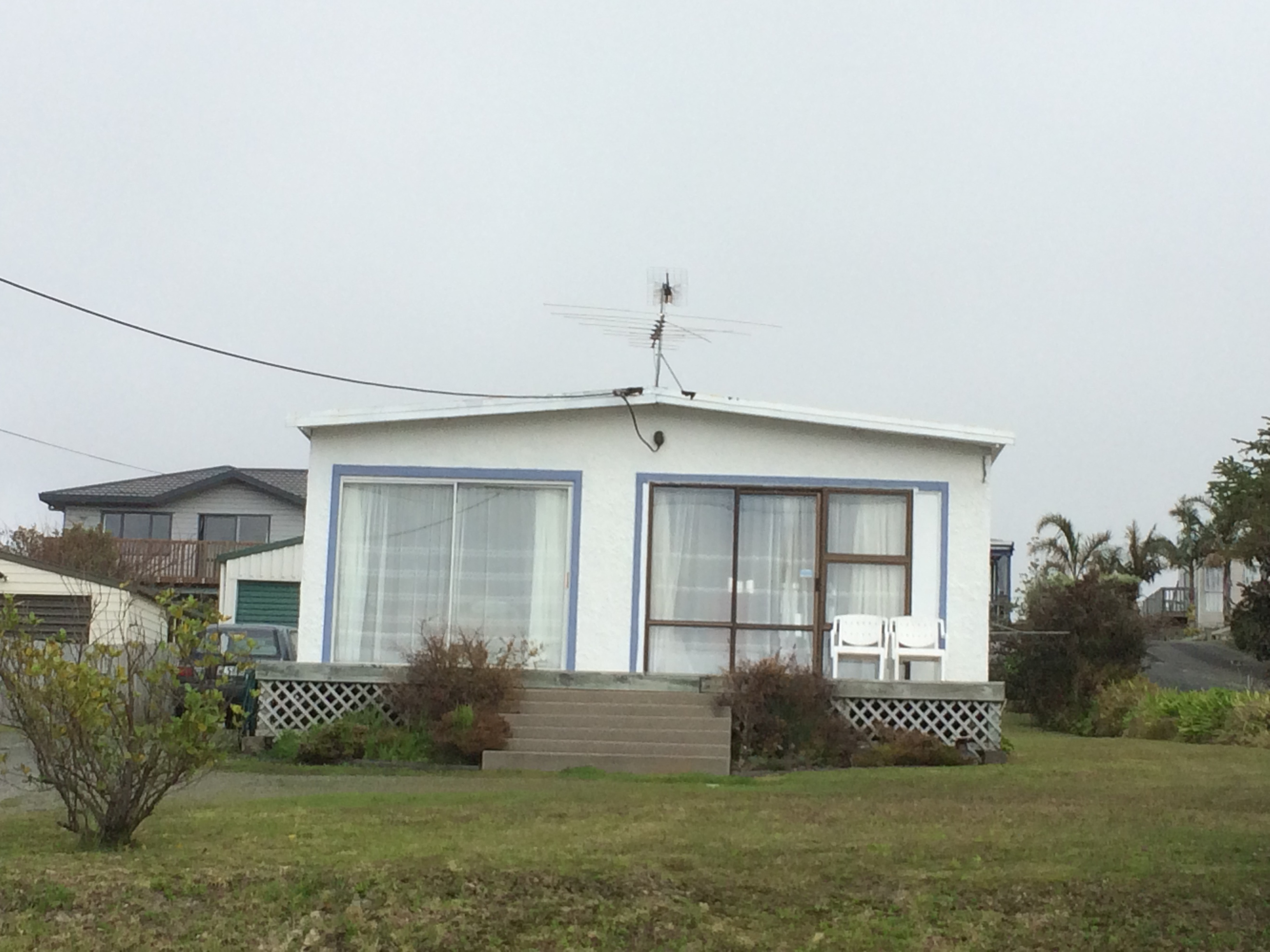 Anyway, Manly just wasn't our beach.
Anyway, Manly just wasn't our beach.
After that fortnight it was straight into another two weeks at another bach. And this was it. On Langton Road, now called Brightside, at the top of the rise. A two-bedroomed pale blue roughcast place with the luxury of a magnificent view from the outdoor long-drop toilet.
“Best view on the peninsula, matey!”
I don't remember much about those weeks but my parents certainly did and when the place came up for sale in the winter of that year they tried to get it, £l800. But they were too late, someone else was in.
Someone who put the shower and hot water cylinder in and owned the take-away bar in Orewa; when there was only one to be owned. But “they hated it up there”, put the house on the market for £2000 and my mother bought it over the phone from them. Our place, “the pale blue roughcast place on Langton Road, you can't miss it.”
Our place, at our beach.
Stanmore Bay never had much history about it as far as I'm aware. Nothing of any great moment happened there. A suicide once “before our time” and some local wide-boy rolled his car on the Waiwera Hill and wiped himself out. That was pretty much it, not even a drowning. The place has a Maori name but I've never heard it used. I can't apologise for that now.
It's just a rich store of personal memories for me . . ..
The families “on the front”: The Neils “of Neil Housing” in their huge place by the ramp; Bill Subritsky, who never exchanged a word with me in over 10 years; the Wigglesworths; the Dohertys (legend had it that one of the boys flipped Bill's speedboat in the middle of the day on a flat calm sea) . . .
Further along, the Nathans, remote in their darkened weatherboard house beyond the pohutakawa. My older sister Bobbie gave Debbie Nathan some tuition one year for School Cert, though.
The Owens and their three sons much older then me and prefects at school. They tutored me through School Cert. and were sources of important information: “Can you smoke in lectures at varsity?”
And then way along . . . Tongues' home and we kids keeping clear whispering “he buries you when you're dead”; The Bensky place on the cliff and higher up still Gilbert and Glad Johnson's big brick home. And so many others still mentioned to me today even though I don't think I ever met them.
“You knew them from the beach.”
The beach. We knew so many people from the beach.
And others; from school Bruce Gemmell who sometimes spent a couple of weeks at his uncle's place along “the C'est Ci Bon end”. And the injustice simmering along the beach when he wasn't made a prefect.
“Henry Cooper robbed that boy . . . and after him being in the First XV!”
And later when he didn't make the All Blacks because Sid Going wouldn't take an early shower . . . “Jesus, Going should give it away! He's way past his best, he should get out and give Gemmell a go.”
These things felt deeply, because we knew Bruce. From the beach.
And Neil Wild from school. Like Bruce, he and I just grew apart after School Cert. results separated us . . . they did that then. It was harder to be friends, the same, after that division.
But the next Christmas we come together at the beach again, briefly. His friends different from mine though, as everyone said they would be. He, driving his Standard 10 with white-haired gonk hanging from the rear-vision mirror. We sang Rolling Stones songs that summer, he couldn't afford their Greatest Hits album on sale at the milkbar/record shop in Orewa so I pitched in, he got the record and I got the fold-out cover. We brushed our blond hair like Brian Jones all that summer of '66.
But others had been there before with that.
Wally Short in '64 growing his hair long Beatle style. One of the Neil boys with an electric guitar learning songs from With The Beatles. And these older kids moving on just that little bit faster. Drivers licenses and studying for UE. Such a big thing UE, it seemed to excuse you from a host of family commitments . . . even going down to Stanmore.
“You going down to the beach this weekend?”
“Nah, goin' to study at home...might get out to Muriwai on Sunday though . . .”
Muriwai. Much more appealing, the challenge of the surf, and the girls.
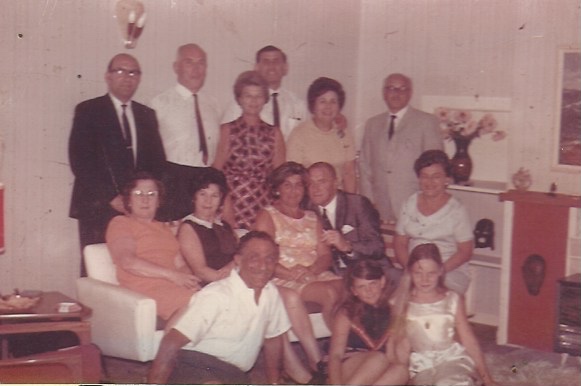 Those endless summer days had their own internal rhythm.
Those endless summer days had their own internal rhythm.
Christmas Day for us was the big occasion. The extended Jewish family that we called our own would invade with plates of food, much gossip and humour.
“If he just sits in that bloody chair all day and criticises the kids I'll just scream!”
The huge spread of chicken, cakes, rollmops, salads and cheeses laid out on the deck in the sun. It never rained once in all those years . . . not that anyone cared to recall anyway.
And the irony of a Jewish family celebrating Christmas and exchanging gifts with us was never lost.
Nobody ever put a name to it, we knew. This was New Zealand.
Then the Yacht Club annual prize-giving and party where I once won a chocolate bar in a limbo contest. Not because I went the lowest but because I was the only kid who hadn't won anything. It was like that. Everyone entered something, everyone won something.
And!
Saturday night dances in the Orewa Hall! Larry's Rebels, I had a nodding acquaintance with drummer Nooky Stott who went to the same school; Shane; Graeme Watson singing Land of 1000 Dances (again!) and once, I think, the Pleazers over from Australia. Somebody getting some beer from the Puhoi pub (always easy) or a flagon of McWilliams Sweet Sherry from the tatty wine shop in Manly (much more of a challenge).
But the really big event, the talking point for weeks, was the Annual Ski Marathon. At its peak in the mid Sixties over 50 boats would take part in the races and that night Stanmore Bay would be on the television news!
The beach would fill quickly that day and we “locals” would get down early and secure “our spot” with towels and beach umbrellas. And Glenn Mundell seemed to win every year and then give a display of barefoot skiing, “one of the first to do that in New Zealand”.'
And he'd even competed in Australia.
“Doesn't it hurt when you do that Glenn?' The voice over the megaphone sounding down the beach when the late afternoon prize-giving took place outside Wigglesworths.
“No, it tickles actually!” Laughter and approving smiles from the parents at his modesty.
(But I knew him from school.)
And those Wigglesworth girls seemed to win everything they entered too.
One year the weather wasn't the best, too choppy, and the Marathon was transferred to Arkles on the other coast. Not the same. The next time it was transferred most of us didn't bother to go.
It just faded away after that, they didn't even do it some years.
February 3rd. Back to school with bleached hair and tans.
Spinning a few lies about it all. Till next weekend. . . . back to the beach..
One year Noel Holmes wrote a piece in one of those fast disappearing weeklies of the late Sixties. The article, entit1ed “The Bach” was shown round with some special pride that year.
The accompanying photo showed a random cluster of beach houses at Stanmore.
“There's Bob Lyall's place. Christ, needs a paint Bob!”
In that article Holmes wrote, “there is a theory that baches provide venues for relaxation and contemplation but that is rarely the case . . . being visited only at intervals [they] tend to deteriorate and run to seed . . .”
Not so our place.
We went there nearly every weekend, leaving Friday afternoon. And my father swam all year. In late July we'd trudge down in the rain and he'd go for a quick jog and then into the water. Once in he'd turn grinning to me still on the beach slowly freezing in the horizontal wind and with malicious wit he'd call out, “Colder out than in matey.”
But it was getting colder everywhere . . . and he knew it.
Then I too grew away.
Sixth form UE excuses. Muriwai for me too from time to time. University. And then just seeing other things. Nothing you could pinpoint directly, just the accumulation of small things, changes in attitude. Work at Forest Products and seeing something else in the faces there. England to see my older sister living there now. One look from a face in Calcutta that went too deep within.
Back home to demonstrations in Queen Street. Friday night at the Big I and parties in Ponsonby and Parnell. But still going down to the beach, just from time to time.
Mum and Dad still there. Off to Stanmore at lunchtime on Friday, “Love to see you if you can make it up.”
I seldom did.
And then the final break.
Not by distance but by proximity. We came back from Australia, Paula and I with Julian not far off and with nowhere to live and no money we accepted the offer and moved up to Stanmore.
And through that winter we saw it as my parents had never seen it: short days, relentless wind off the slate sea and the suspicious locals. My long hair, Paula pregnant and the motorbike set us apart from everyone.
Days when Paula was alone with Julian. And me leaving university after a 6.00pm lecture in the rain and darkness. The Suzuki 50 taking on the Albany Hill in the wet. No helmet, no license even. The spark-plug getting soaked and the bike stopping every 20 minutes and me having to get off, dry it and replace it in the dark rain.
So cold my chest would ache and I'd ride doubled over with pain.
Then, one night, a miracle. I found the pain disappeared when I shouted at the the sky with anger about it all. From then on I'd shout and abuse the rain and the night as I rode. We laughed; farmers in Dairy Flat in the quiet of the night hearing me coming . . . The Lone Haranguer!
The high pitched whine of the Suzuki then the voice rising above it into the black sky . . . . “You bastard, you bastard, you shit cold-hearted bastard shit of a night . . .”
Those nights, cold and stopping in the rain gave the final lie to it all: “Only an hour away”.
And so we grew away.
Our home built, we started to see our friends again, those who we hadn't seen in all those long months.
“Yeah, but that was an hour each way, you know.”
We knew.
And we seldom went back, just a day trip now and then with the kids to see Granma and Pa.
That generation of parents of the Sixties has gone from Stanmore Bay now. Their children moved off into the suburbs with their own families, over the years they found other things. More sophisticated pleasure, the Mercury.
“No, we can't make it this weekend,we're going out to dinner . . .”
 Our Jewish family scattered, the years saw more funerals than bar mitzvahs. My parents, always great travellers, spent more of their time elsewhere too. Sydney with my older sister living there now, South East Asia, round the Islands on a tramp steamer once.
Our Jewish family scattered, the years saw more funerals than bar mitzvahs. My parents, always great travellers, spent more of their time elsewhere too. Sydney with my older sister living there now, South East Asia, round the Islands on a tramp steamer once.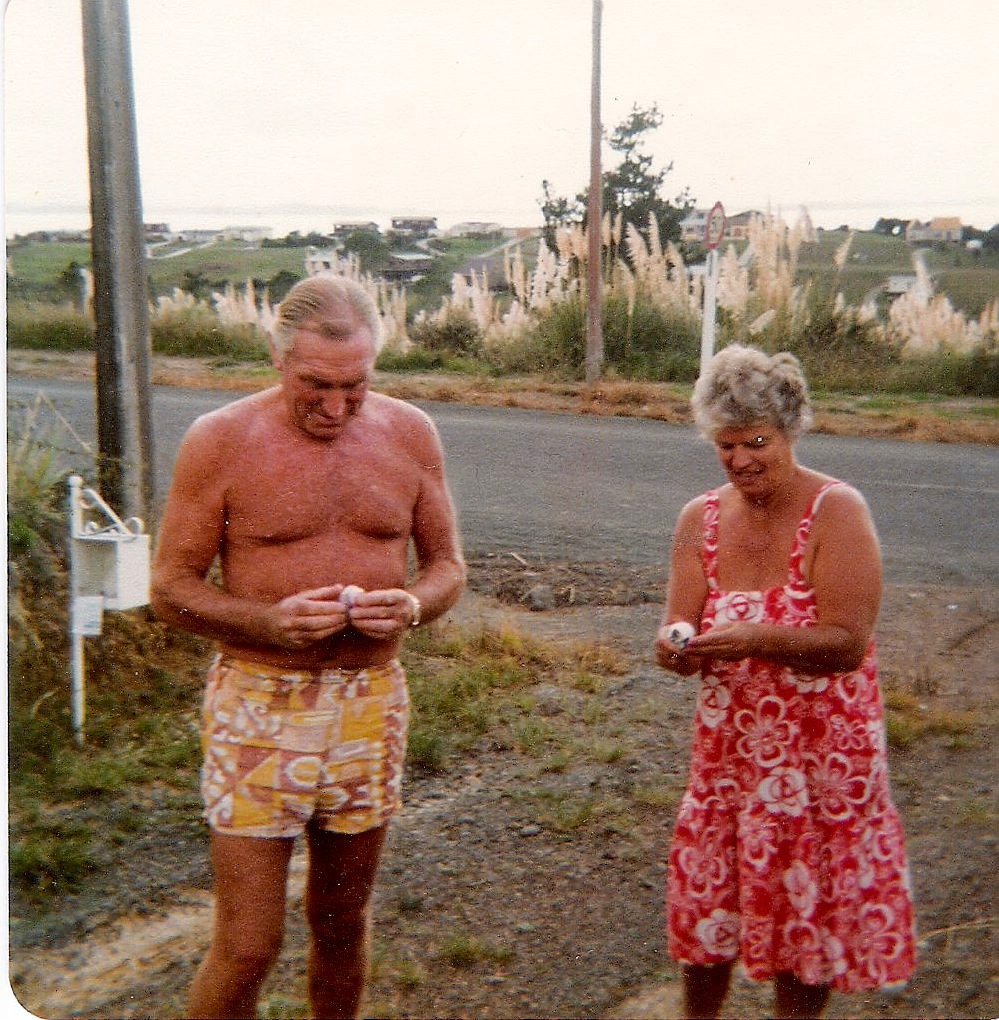
We kept up with the news from Stanmore but the conversations became more animated, more remote. The “kids from the beach” were living in England or Henderson. Just somewhere else. And the others, the boy who became a window dresser, the girl who was charged with possession . . . “Always something bloody peculiar about them I thought . . .”
The parents couldn't understand these things. But we kids knew.
The years ticked by like that. My parents kept going, always over summer.
All their travel still took them back to Stanmore, the beach, the placed they loved.
Until one year they rented our beach house out.
For my children though it wasn't our beach. Or even my beach.
It was Granma and Pa's place.
Four years ago my parents sold Stanmore. Rates were too high and “we just weren't using it anymore. It's a long way for your father to drive these days.”
The new sewage scheme meant that the house had to be connected up with the main pipeline.
It was going to be expensive . . . and so they let it go.
We all said that we'd had a lot of good years out of it . . . and then thought on silently about all the things left unsaid.
And my father, with angry resignation: “You'll never be able to buy in like that again. Never be able to get a place like that again.”
You can't go back.
A few months ago I did go back though.
A clear Monday morning and I drove up there alone. Not a pleasant journey, but a necessary one when things had to be put to rest.
 The beach was the same long strip of pale sand it had always been, deserted save for a few kids on bikes taking a break from school.
The beach was the same long strip of pale sand it had always been, deserted save for a few kids on bikes taking a break from school.
I put on my togs and walked the familiar sand. Lean grey clouds etched thickly in the sky. Very high. I swam deliberately out into the centre of the arc of the wide bay and turned back. The water was clear and chill.
“Colder out than in, matey.”
My mother and younger sister walked down the boat ramp path holding hands and stood small on the sand. I swam back and together we walked along the waterline and back. Back to the spot where I had just swum, where we had always swum.
And just as the sun broke through with the wan heat of late summer we spread my father's ashes across the water of the beach he loved.
A sad, simple goodbye.
Mum and Barbara didn't stay long after that. “No need honey. He's happy.”
Something was finished.
Afterwards I waited and swam again, alone.
A few long strokes out into the chill blue water and dived long and deep. I turned and faced the shoreline.
The same as it always was.
And I wouldn't have had it any other way.
.
.
These entries are of little consequence to anyone other than me Graham Reid, the author of this site, and maybe my family, researchers and those with too much time on their hands.
Enjoy these random oddities at Personal Elsewhere.

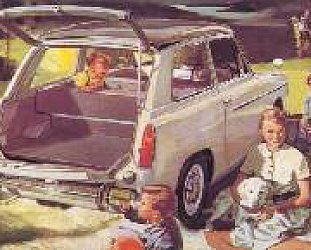
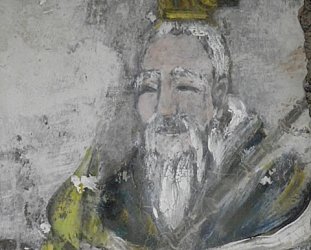
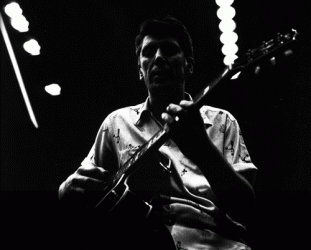
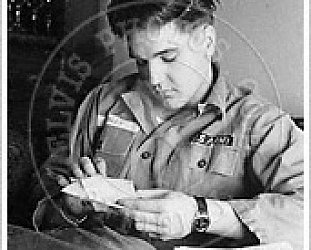
Kelvin Roy - Dec 2, 2020
Good story...Memories...what we live with and sometimes, for...
Savepost a comment